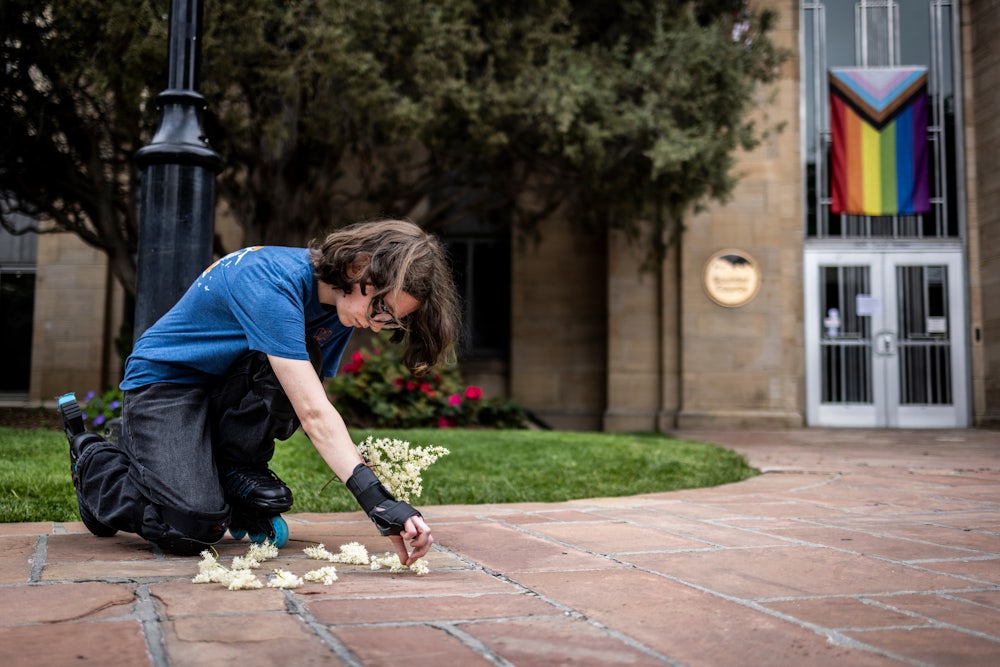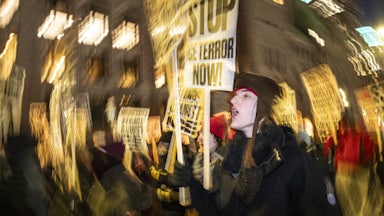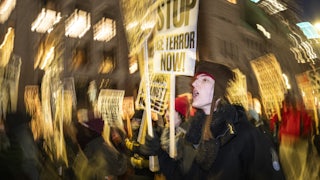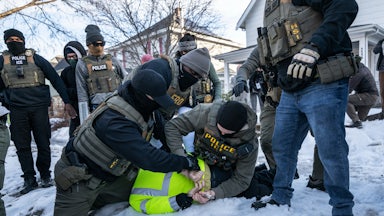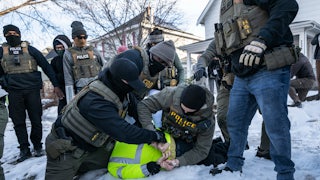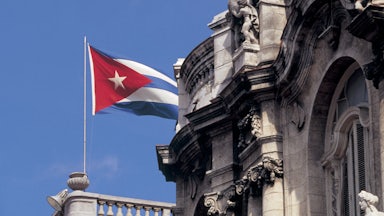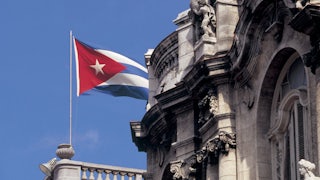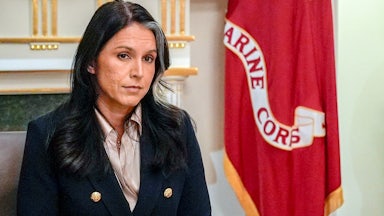While the world is rightly outraged by the daily killings and starvation inflicted by Israel on Palestinians in Gaza, this must not blind us to the unjustified violence occurring elsewhere in the name of the freedom of Palestine.
Recent acts such as the Molotov cocktail attack in Colorado and the shooting of two Israeli diplomats in Washington, D.C., must be condemned unequivocally. These actions are morally wrong and politically harmful. Violence abroad does not serve the Palestinian cause—it undermines it.
Support for Palestine must remain political, nonviolent, and rooted in international law. Violent acts outside the region, even when committed in the name of Palestine, only serve to strengthen the hands of Israeli leaders like Prime Minister Benjamin Netanyahu and his radical government, which seeks to perpetuate occupation, war, and suffering. Such violence erases the gains made in international opinion, including among Jewish communities and even some former Israeli leaders, who have begun speaking out against the war on Gaza.
Israel continues its oppressive military actions not only in Gaza but also in the West Bank, where no hostages exist to justify brutality. On June 1, Israel even barred entry to Ramallah for foreign ministers from several Arab and Muslim nations—countries that have formal relations with Israel or are considering normalization—clearly as a way of rejecting any initiative supporting Palestinian statehood.
Amid this backdrop, a major international conference co-hosted by France and Saudi Arabia is scheduled for June 17–20 in New York. It aims to advance the two-state solution and forge a viable peace plan. The Netanyahu government blocked the Arab and Muslim foreign ministers’ visit precisely because it would bolster support for Palestinian self-determination and lend credibility to Palestinian Authority President Mahmoud Abbas’s recent reform efforts, even as the occupation continues.
Chanting “Free Palestine” is appropriate at peaceful protests worldwide, but invoking it in the wake of violent attacks, especially fatal ones, tarnishes its meaning. The moral high ground is lost when violence is justified or tolerated. Palestinians, despite their immense suffering, must reject such acts firmly. The justice movement must be rooted in law, diplomacy, and human rights, not retribution.
The Palestinian cause calls for sustained international pressure and accountability, particularly through legal avenues like the International Criminal Court as well as boycotts, divestments, and sanctions.
It does not benefit from violent actions that distract from or provide cover for Israeli war crimes. The attacks in Washington and Colorado gave Netanyahu a golden opportunity to shift the narrative away from his government’s abuses and back to fearmongering and victimhood.
This violence also risks fueling false claims that support for Palestine equates to antisemitism. That framing must be rejected. Criticism of Israeli policy or Zionism is not inherently antisemitic. Jews around the world, including in the United States and Israel, are among the most vocal critics of Netanyahu’s actions and staunch defenders of Palestinian rights. Zionism is not exclusively Jewish. Weaponizing antisemitism to silence political criticism is both dishonest and dangerous.
Western leaders—from Europe to North America and Australia—must not allow isolated incidents of violence to deter their pursuit of a permanent ceasefire and a just resolution to the conflict. Netanyahu’s attempt to portray international criticism as an incitement for violence is a calculated strategy to deflect from his failures. He is not only wanted for war crimes at the Hague but also faces corruption charges at home. By painting himself as a victim of global hostility, he aims to escape accountability and prolong a war that serves his political interests.
The legal obligation under Article 1 of the Geneva Conventions is clear: States must “respect and ensure respect” for humanitarian law. Words are not enough. Western governments must act through sanctions, arms embargoes, or recognition of Palestinian statehood. Statements of concern are meaningless unless followed by meaningful measures.
The humanitarian toll is staggering. According to Unicef, more than 15,000 Palestinian children have been killed in Gaza, over 34,000 injured, and nearly one million repeatedly displaced. Our people are human beings and are not mere numbers.
The tragic case of 5-year-old Hind Rajab—killed along with six family members and two paramedics—symbolizes this horror. Women and girls have suffered grievously, with over 28,000 reported deaths. On International Women’s Day, my station, Radio al-Balad, honored them by reading their names on air, as part of a campaign titled “We Are Not Numbers.”
On Sunday, at least 30 Palestinians in Gaza were gunned down by Israeli soldiers simply to deter them from seeking badly needed medical aid for their loved ones.
This war must end. Hamas has reportedly offered to release all hostages in exchange for an end to the war and a permanent ceasefire and to step aside for a transitional Palestinian committee that would prepare for elections. Such proposals deserve serious international engagement, not dismissal.
The Israeli-Palestinian conflict must be resolved in the region, with strong international backing. Justice cannot be achieved through isolated acts of violence abroad. It must come from consistent, principled global pressure and a refusal to allow war crimes to be ignored or normalized.
Those committed to a free Palestine must focus their efforts on ending the siege, occupation, and war through lawful and moral means. Acts of violence in places like Washington, D.C., or Colorado are not the path to justice. They are setbacks—and tragedies.
